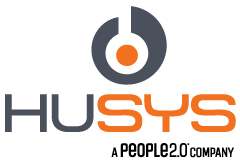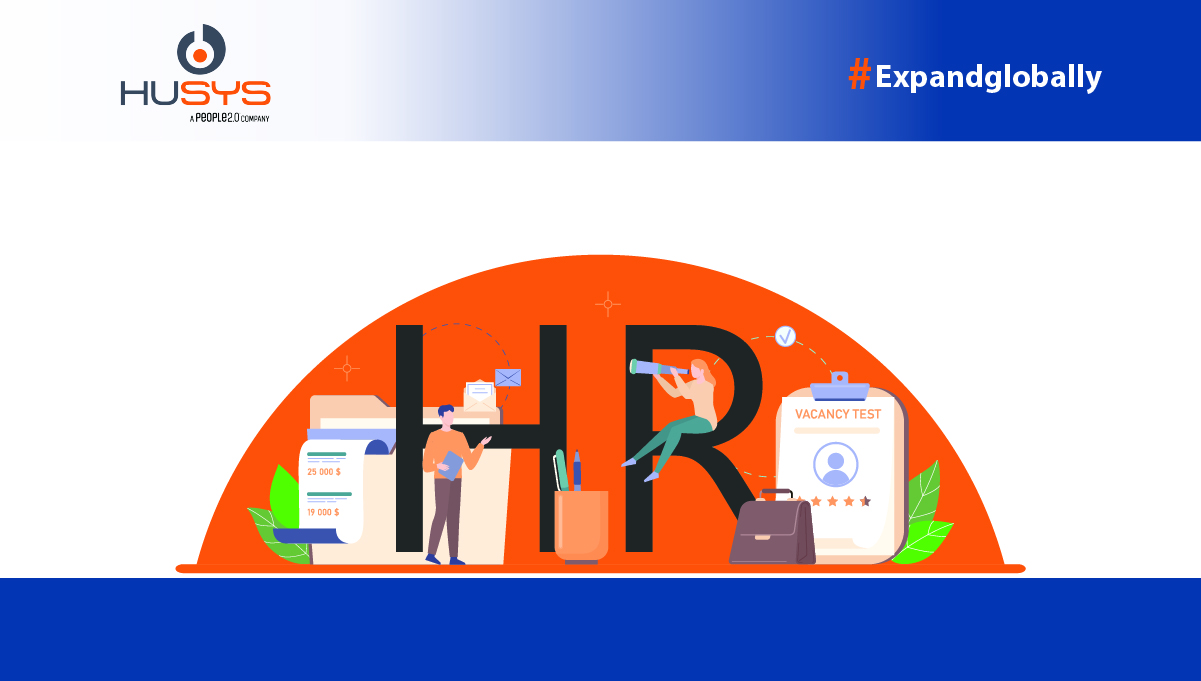How we work is changing, and so are the tools and strategies we use to manage our workforces. With the rise of remote and hybrid work models, companies face the challenge of managing a distributed workforce.
For instance, 32% of those who work remotely said they feel disconnected from the company culture, and 24% said that working from home hurt their relationship with coworkers. This new paradigm requires a fresh approach to HR management, and that’s where Employer of Record (EOR) services come in.
EOR services are becoming an increasingly popular solution for companies managing hybrid workforces, and for a good reason. By partnering with an EOR, third-party HR businesses can remain compliant with employment laws and regulations and mitigate the risks and liabilities of managing a hybrid workforce.
Let’s understand EOR services in more detail.
Why Use EOR Services for Managing a Hybrid Workforce?
Partnering with an EOR service provider can simplify employment and help navigate international laws and regulations. Here’s why EOR services are useful for managing a hybrid workforce
Streamlined HR administration
EOR services handle HR administration, benefits, and payroll, freeing up your time and resources to focus on your core business operations.
Compliance with local laws
EOR services handle HR administration, benefits, and payroll, freeing up your time and resources to focus on your core business operations.
EOR providers like Husys have expertise in local employment laws and regulations. They can ensure you remain compliant with applicable laws and minimize risk.
Flexibility to scale up or down
It can easily adapt to your changing business needs, allowing you to quickly scale up or down your workforce as needed.
Access to local expertise
EOR providers have local expertise, allowing you to quickly navigate cultural differences and employment regulations in new markets.
Cost savings
Since EORs often have established relationships with local vendors, they can negotiate better rates for your clients, further reducing costs. Also, you can free up your resources to focus on your core business operations and invest more in your business growth
Advantages of EOR Services With Hybrid Workforces
By partnering with an EOR service provider, you can quickly expand to new markets like India. They can help you understand the region, its laws and regulations, and cultural differences, making it easier for you to grow your business. Here are some key advantages of working with EOR providers.
Risk mitigation
EOR service providers can mitigate risk for your business by ensuring compliance with local laws and regulations, managing HR disputes, and providing guidance on complex HR issues. And since they’re the official employers, the risk reduces significantly for your business.
Fast onboarding
EOR providers can streamline the onboarding process for new employees, allowing them to become productive members of your team quickly. Besides, by training them, they can also ensure the team follows your clients’ culture and values.
Improved employee support
EOR services provide comprehensive support to employees, including access to HR experts, local language support, and assistance with benefits enrollment and payroll. This can help ensure employees feel supported and valued, increasing job satisfaction and retention rates.
Increased focus on core business
By outsourcing HR and administrative tasks to an EOR provider, third-party HR companies can free up time and resources to focus on their core business operations, increasing productivity and profitability.
Enhanced compliance monitoring
EOR services use advanced technology and automated processes to monitor compliance with local laws and regulations, ensuring that your business remains compliant at all times.
Best Practices for Managing a Hybrid Workforce With EOR Services
Managing a hybrid workforce with EOR services can be complex, but by following some best practices, you can ensure success. Here are some of them!
Establish Clear Communication Channels
Communication is critical in managing a hybrid workforce. To ensure that everyone is connected and informed, it’s essential to establish clear communication channels. This means selecting a set of communication tools everyone can use, including video conferencing software, chat platforms, and email. This way, you can make employees feel more connected to their colleagues and the company.
Set Clear Expectations
Clear expectations help everyone understand what is expected of them. When managing a hybrid workforce, it’s essential to define expectations for all employees, including work hours, productivity goals, and communication protocols. By setting these expectations upfront, everyone stays on the same page and works towards the same objectives.
Embrace Flexibility
Hybrid workforces offer employees flexibility, which can increase productivity and job satisfaction. When managing a hybrid workforce, it’s important to embrace this flexibility by allowing employees to work from home or other remote locations, as long as it is feasible and aligns with your business goals. Additionally, providing employees with the tools and resources they need to work remotely is important, including access to company data and communication tools.
Foster a Positive Company Culture
As a third-party HR company managing a hybrid workforce, fostering a positive company culture is crucial to maintain employee morale and engagement. Employees working from different locations and time zones make it easy for them to feel disconnected from the company and their colleagues.
You can prevent this by emphasizing a positive company culture that values diversity, inclusivity, and collaboration. You can achieve this by organizing regular team-building activities, encouraging open communication, and implementing recognition programs. This can help create a sense of unity and purpose among your hybrid workforce, resulting in increased productivity and higher employee retention rates.
Conclusion
Managing a hybrid workforce can be challenging, especially when navigating international employment laws and regulations. However, partnering with an EOR service provider can help streamline the process, save costs, ensure compliance, and provide access to local expertise.
Additionally, follow the best practices for managing a hybrid workforce with EOR services, like fostering positive company culture, establishing clear communication channels, and providing comprehensive employee support. This will help you maximize the value of your investment!

















